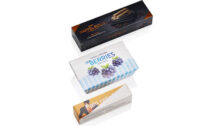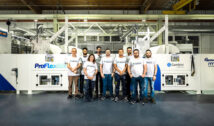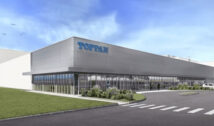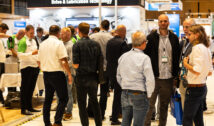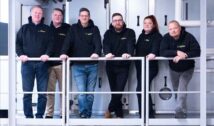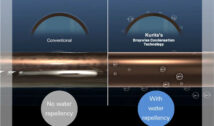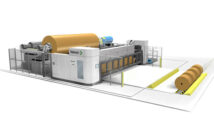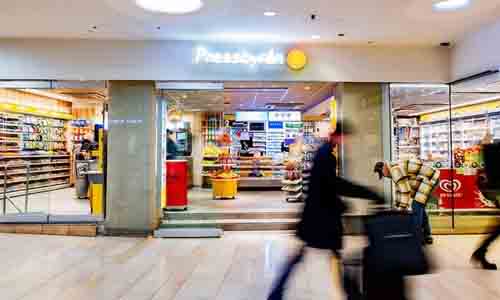
The first reuse project in an open environment in Sweden has started. Stora Enso, Reitan Convenience in Sweden, and the tech company &Repeat have joined forces in a pilot project testing out offering customers the choice of a reusable cup when buying a hot beverage from convenience store Pressbyrån. After finishing the drink, the customer returns the cup to one of Pressbyrån’s stores. The project is part of the preparations for next year’s legal requirement that states that establishments selling take-away food need to offer reusable packaging.
The new law that will enter into force in Sweden in January 2024 aims to reduce single-use packaging. According to the law, all restaurants or stores that sell more than 150 units of food or drink take-away in disposable packaging per day must be able to offer reusable packaging as an alternative. The packaging should be part of a rotation system and be returned after usage. Customers will have the choice to pick a reusable or a single use packaging.
The pilot project runs in 19 Pressbyrån stores in southern Sweden from April to the end of June. The reusable cups are offered in sizes of 200 and 400 ml. Today’s disposable packaging also remains.
It works like this: when a customer buys a cup of coffee and chooses to take it in a reusable cup, they register the usage of the cup in an app or by using their phone number. When the coffee is enjoyed, they return the cup to a Pressbyrån store and re-registers their usage of that cup by scanning a QR-code and drops it in a container. The collected cups are cleaned and offered to customers again and again.
The aim of the pilot project is to understand what will be required of a system like this, to be prepared when the new law comes.
”We are doing this to learn. How hard is it to get a circular system in place in an open environment? Will customers be excited or not? Which are the big challenges, and will this be the most sustainable way of handling take-away food? We don’t know but are eager to find out!” says Nathalie Kalivas Jönsson, Business Development Manager Circular Products & Services.



